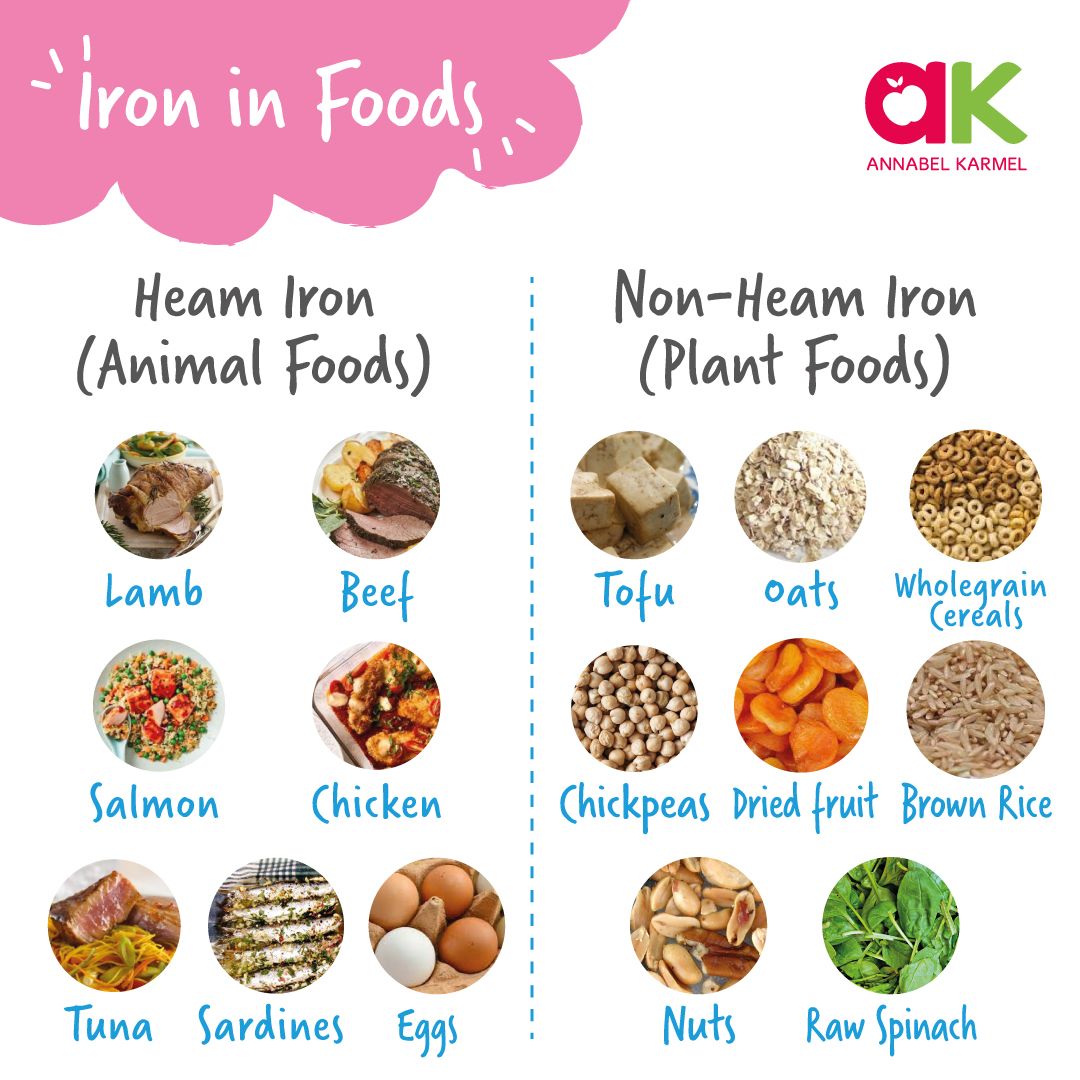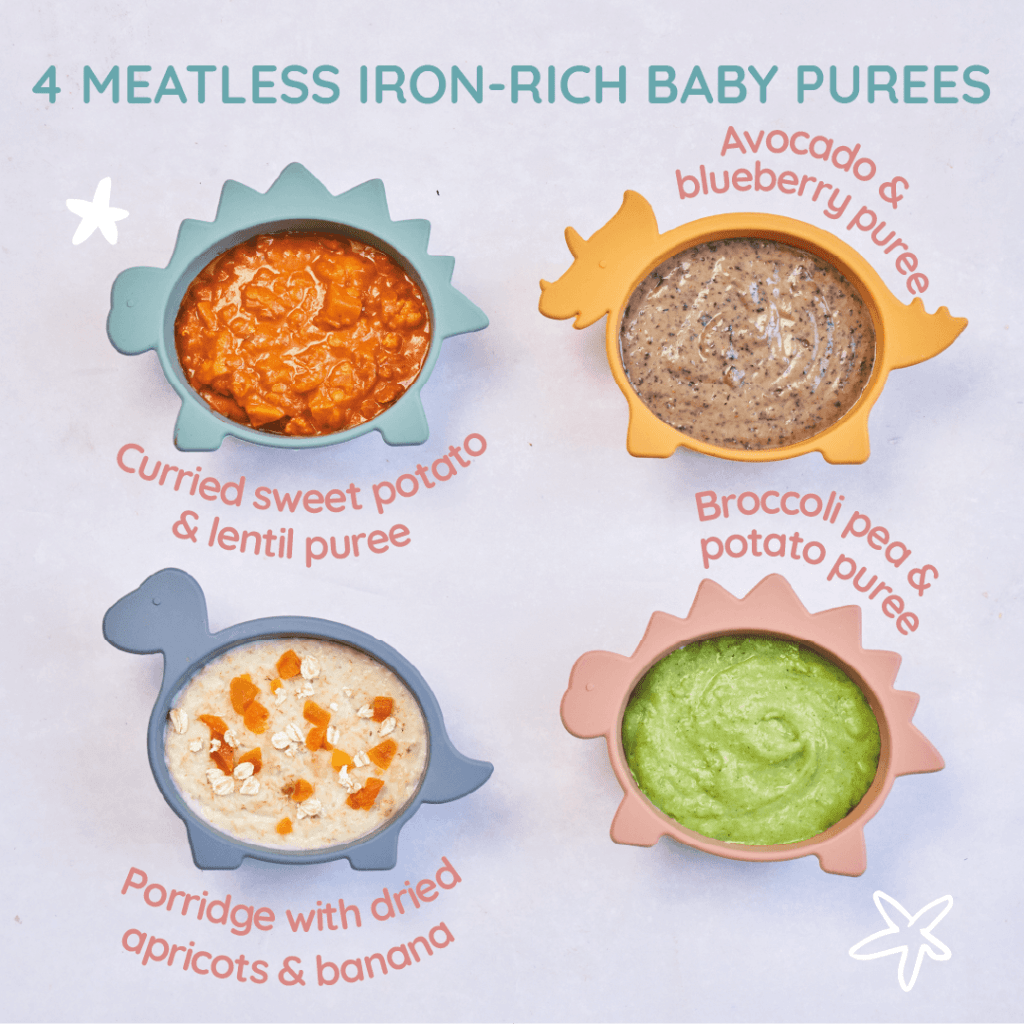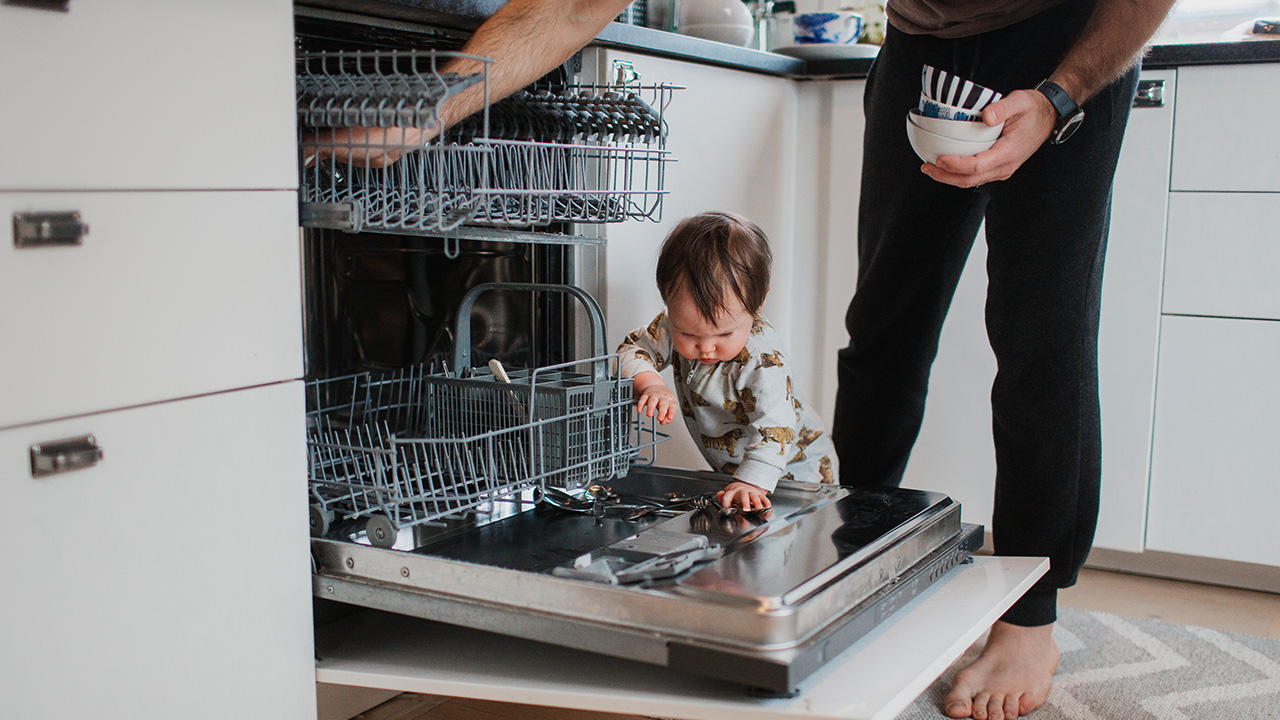Iron-rich Foods for Babies: Natural Sources And Nutritious Recipes
Introduction
Iron is a crucial mineral that plays a significant role in your baby's development, impacting cognitive function and immune system. However, determining the perfect foods to include in your baby's diet, and how much iron they should consume, can be quite daunting for many parents. This guide aims to break down the importance of iron, natural sources for babies under and over 6 months, how to introduce iron-rich solids, meal ideas, and how to prevent iron deficiency.
Why is Iron Essential for Your Baby's Health?
Iron assumes numerous essential roles in your baby's overall well-being, actively participating in:
- Hemoglobin Production: As an integral part of hemoglobin, iron helps this protein present in red blood cells transport oxygen throughout the body.
- Rapid Growth: During early development stages, babies undergo rapid growth - a process highly dependent on iron supply.
- Brain Development: Continuous neurological development is another process underpinned by iron, making it indispensable in the early years of life.
- Immune System Stability: Iron helps to build a robust immune system, bolstering your baby's defense mechanism against infections and illnesses.
Insufficient iron supply could lead to developmental delays and behavioral problems. Therefore, it's vital to ensure an adequate iron intake in your baby's diet to support their healthy growth and development.
What are the Best Sources of Iron for Babies Under 6 Months?
For babies less than six months old, maintaining a sufficient iron supply is crucial for healthy growth and development. The primary iron sources for this age group are:
1. Breastmilk:
This natural source of nutrition for babies has the benefit of containing iron that is easily absorbable by the infant's body. It provides just the right amount for the first six months of life, catering adequately to their dietary needs.
2. Iron-fortified Formula:
For infants not breastfeeding, opting for formula feeding necessitates the use of an alternatives enriched with iron. It aims at reaching the recommended iron concentration required for an infant's growth and development.
It's noteworthy to mention introducing solids too early, particularly before four months, may deter the absorption of iron and could displace iron-rich breastmilk or formula. Parents and caregivers need to be cautious about transitioning babies to solids prematurely. Always consult a healthcare professional to assess the individual readiness of your baby for solids.
Here are some important considerations for infant's iron sources:
- Breastmilk is the most recommended source, considering it is high in nutritional value and is easily digestible and absorbable.
- Iron-fortified formulas can provide the necessary iron amounts for formula-fed babies.
- Begin contemplating the introduction of solids between 4 to 6 months as per your pediatrician's advice.
By paying careful attention to these primary iron sources and considerations, parents can ensure their children receive the essential nutrients for optimal growth and development in their early months.
How to Introduce Iron-Rich Solids to Babies Aged 6–12 Months?
As your baby matures, their iron needs also grow. To meet these, start introducing iron-rich solids when they reach six months of age; these will complement breastmilk or iron-fortified formula feeding. Here’s a step-by-step guide on how to safely incorporate iron-filled foods into your baby's diet:

1. Start with Iron-Fortified Cereals: Iron-fortified rice or oatmeal cereals are excellent first solid food for your baby due to their digestibility and high iron content.
2. Introduce Iron-Rich Vegetables: Foods such as cooked spinach, peas, and broccoli provide essential iron and can be easily mashed or puréed for your baby.

3. Incorporate Meats: Meats, especially red meats like beef and lamb, are a rich source of heme iron that is more readily absorbed by the body. Poultry and fish such as chicken, turkey, and salmon can also be introduced at this stage but ensure they are finely chopped or puréed to prevent choking.
4. Gradually Introduce Legumes: Lentils, chickpeas, and beans are high in iron but remember to introduce them gradually to ensure your baby's digestive system comfortably handles them.
5. Provide Variety: Once your baby develops taste for different foods, provide them a mixed diet to ensure they are getting iron from various sources. For instance, you can mash iron-fortified cereal with spinach and ground turkey for a nutrient-rich meal.
6. Pay Attention to Absorption: Pair iron-rich foods with Vitamin C rich foods like oranges and bell peppers. Vitamin C enhances iron absorption, making the iron-rich foods more effective.
Remember, every baby is unique, and introduction to solids will vary. Patience is key during this transition. Always consult your pediatrician before making any significant changes to your baby's diet.
What are Some Iron-Infused Meal Ideas for Your Baby?
Iron is an essential mineral that should be a significant part of your baby's diet. If you're struggling with what to prepare, here are some simple iron-enriched meal ideas to whip up for your baby:
1. Spinach-Banana Smoothie: Start your baby's day with a nutrient-rich smoothie. Blend a handful of spinach (rich in iron) with a ripe banana (a source of Vitamin C which aids iron absorption) and a little splash of breast milk or formula.
2. Lentil, Sweet Potato, and Apple Puree: This creamy and nutritious dish is easy to prepare and provides three different iron sources. Cook and mash lentils (an excellent plant-based iron source), sweet potatoes (packed with iron and fiber), and apples together for a puree your baby will love.
3. Iron-Rich Cereal with Mashed Avocado: Make your baby's cereal even healthier by adding mashed avocados. You can use any iron-fortified cereal and pair it with avocado (rich in healthy fats and fibers) for a creamier texture and more complex flavor profile.
These are just a few examples of how you can incorporate iron sources into your baby's meals. Remember to introduce new foods gradually, and ensure the foods are appropriately prepared to avoid choking. Always consult with your pediatrician regarding any changes or additions to your baby's diet.
How to Monitor and Prevent Iron Deficiency in Babies?
Ensuring your baby gets enough iron is crucial to their health and development. Below are some strategies to help you monitor and prevent iron deficiency in your infants:
Symptoms for Monitoring Iron Deficiency
The first step in monitoring is knowledge about symptoms related to iron deficiency. These may include:
- Fatigue or weakness: An iron-deficient baby may appear less active or lethargic.
- Pale skin: This is particularly noticeable in the face, lower inner eyelid, or nails.
- Reduced appetite: If your baby has a diminished interest in eating or breast-feeding, it could be due to iron deficiency.
Regular Check-ups
- It's essential to schedule regular pediatric check-ups, which usually include routine hemoglobin tests. These tests measure the amount of oxygen-carrying protein in the blood and are the primary way professionals diagnose iron deficiency.
Prevention Strategies
Ensuring sufficient iron intake is key in preventing iron deficiency. Strategies include:
- Providing an iron-rich diet: Whether your baby is under or over six months old, their diet should contain the right amount of iron. Breast milk, iron-fortified formula, iron-fortified grains, leafy greens, and meats are good sources of iron.
- Pair iron with Vitamin C: Iron absorption is significantly improved when combined with vitamin C. Including a selection of vitamin C rich foods like oranges, strawberries, bell peppers, and other brightly colored fruits and veggies can help boost iron absorption.
Stats and Facts
According to the World Health Organization, approximately 40% of children under 5 years old in developing countries are estimated to be anemic, and iron deficiency is amongst the leading causes. Therefore, it is vititally important for parents to monitor iron levels and take proactive steps towards preventing iron deficiency in their infants.
In summary, monitoring your baby's behavior, maintaining regular check-ups, and combining strategic dietary choices can help prevent iron deficiency. Parents must understand its significance, symptoms, and prevention strategies for their baby's overall health.
Conclusion
Iron plays a significant role in your baby's growth and cognitive development. Introducing iron-rich foods strategically should ensure adequate iron intake. Monitor your baby's diet, provide nutritious meals, and maintain regular health checks to prevent iron-deficiency anemia.
Related FAQs about what food has iron for babies
What are the symptoms of iron deficiency in babies?
Iron deficiency in babies can exhibit symptoms such as fatigue, weakness, pale skin, and reduced appetite or diminished interest in feeding. Rapid breathing, slow growth or development, and frequent infections can also be indicators. If noticed, it's crucial to consult a pediatrician.
How much iron does my baby need daily?
An infant's daily iron needs vary with age: 0.27 mg for 0-6 months, 11 mg for 7-12 months, and 7 mg for 1-3 years. However, these are general guidelines, and the precise quantities depend on each child's individual circumstances and dietary needs.
Can I give my baby iron supplements? Can it replace iron-rich foods?
Iron supplements are typically recommended for infants at risk of iron deficiency. However, they should not be seen as a replacement for iron-rich foods. Supplements should be used under the consultation of a healthcare provider. Naturally sourced iron from diet remains preferable.


